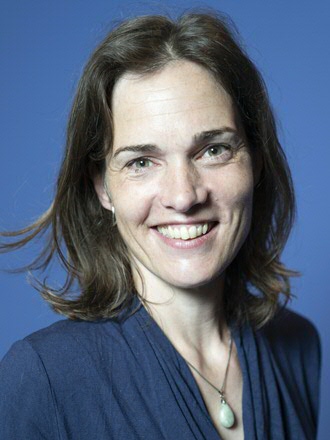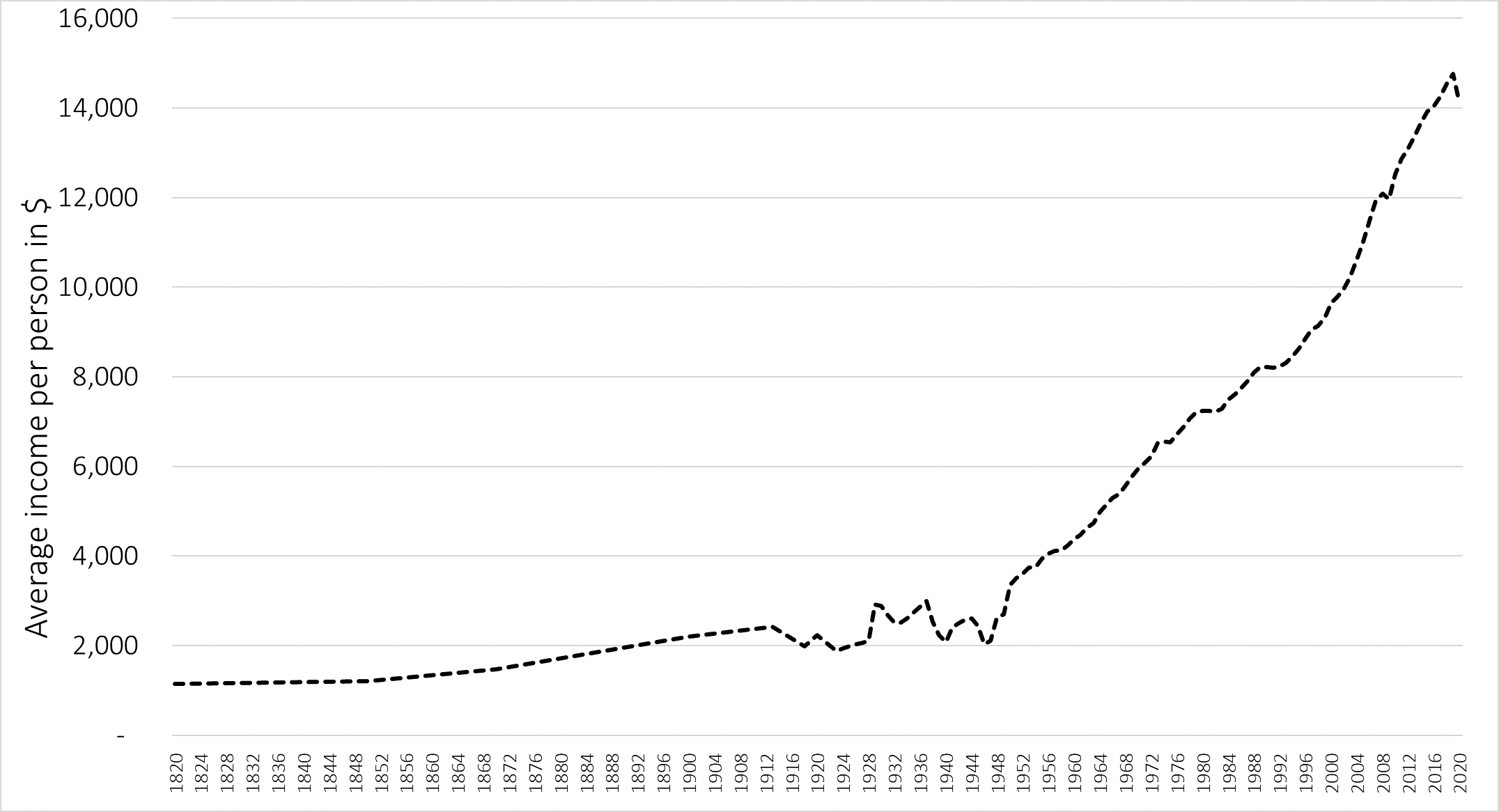Inaugural lecture Jutta Bolt: Living Standards and Wellbeing in Africa, an Economic History Perspective

Why are we so much richer today in the Netherlands than our grand and great-grand parents, living only 50, 100, 200 years ago? Or why are people here, or in Germany, or Sweden, so much richer than people in Kenya, Senegal or Zambia? Questions like these lie at the heart of Economic History. If we aim to understand the drivers of long run growth and determine what factors make that some countries catch up to the frontier, but other countries experience long periods of very slow economic growth or severe economic decline, it is crucial to know where the goalposts lie - to know the facts of economic growth (Jones, 2016). The Maddison Project, hosted at the Groningen Growth and Development Centre (GGDC) and the Faculty of Economics and Business (FEB), is one of the globally most prominent databases providing long run income estimates for a global set of countries from the Roman times until the present, providing the academic world and beyond with publicly available data and research results.
Global economic development
Our research shows that over the past 200 year, the average global income per person has increased nearly 12 times (Bolt & Van Zanden, 2020; OECD, 2021). Further, economic growth accelerated over time. During the 19th century, it took nearly 100 years for the average global income to double, from a little over 1100 dollars to more than 2200 dollars; during the first half of the 20th century, it took only 60 years to double again to 4,500 dollars from 1900-1960. And then a second doubling happened 5 years before the turn of the 21st century, in 1995. (1960-1995). Since then, global economic development has slowed down, but only marginally. Over the last 35 years, so from 1995 to today, global average 1.8 times (Bolt & Van Zanden, 2021).

While this is impressive economic progress, if we look at different countries around the world today, it is clear that this average development has not brought everyone the same progress. Over the past 200 years, we see that most African countries have featured in the lower half of the global income distribution, and that for long have been missing in many of the global economic history debates. One of the reasons is lacking data, most prominently for the historical period. This is where economic historians can make an important contribution.
Africa’s economic history
In her inaugural lecture Jutta Bolt, Professor of Global Economic History, aims to discuss both what recent economic history research has taught us about historical living standards and wellbeing in Sub-Saharan Africa, but also on what lies ahead, focusing on income inequality and health specifically. Over the past 10 to 15 years, new economic history research based on previously unexplored archival material has not only rewritten African history, but has also pushed Africa’s long run experience into big global debates on development in the broadest sense, inequality, and institution development. Bolt: “This research is interdisciplinary by nature, and strongly evidence based using concepts, theories and skills from a broad range of social science. And while it has provided new impetus into theories of global development, many issues are yet to be explored. If we aim to understand long run global development, we need to improve our understanding of Africa’s economic history.”
More information:
Jutta Bolt’s inaugural lecture will take place on Friday the 4th of November 2022, 14:15 -15:00, in the Aula of the Academy Building.
Livestream on 4 November, see: www.rug.nl/digitale-oratie.
Questions? Please contact Jutta Bolt.
| Last modified: | 30 January 2023 11.31 a.m. |
More news
-
01 April 2025
UGBS Executive MBA best-rated MBA | Dutch Master's Guide 2025
According to the independent Keuzegids Masters 2025, the Executive MBA of the University of Groningen Business School is the best rated MBA in the Netherlands (both part-time and full-time programmes).
-
01 April 2025
Executive Master of M&A and Valuation accredited as joint degree with Vrije Universiteit Amsterdam
Starting 1 September, participants enrolled in the programme will receive a master's degree from both the University of Groningen and Vrije Universiteit Amsterdam upon successful completion.
-
05 March 2025
Women in Science
The UG celebrates International Women’s Day with a special photo series: Women in Science.
